Frankfurt Overview
Situated on the river Main, thrusting, dynamic Frankfurt am Main, commonly known simply as Frankfurt, is the beating heart of Germany's financial sector and home to the European Central Bank. It is the only German city listed as one of ten Alpha world cities. It has an impressive skyline bristling with eye-catching skyscrapers, earning it the nickname Mainhattan, while business travellers flock here for the trade shows, which include the world's largest book fair. It's an important transport hub too, with Germany's busiest Autobahn intersection and its largest international airport, which is linked directly to the high-speed ICE rail network.
Read more about Frankfurt
A little history....
A Roman town Frankfurt was founded in the 1st century A.D. In 9th century became the capital of the kingdom of the Eastern Franks (i.e. Germany). In it is heyday (13th century) first annual fairs of drew merchants from all of Europe were held in Frankfurt.
Frankfurt was designated in The Golden Bull of 1356 of Emperor Charles IV as the seat of the imperial elections, which took place in the Frankfurt Cathedral of St. Bartholomew. It was made a free imperial city in 1372. After the emperors ceased to be crowned by the popes, the coronation ceremonies took place (1562–1792) at Frankfurt. The coronation (1764) of Joseph II has been described in the autobiography of the writer Johann Wolfgang von Goethe, a native of Frankfurt.
Frankfurt accepted the Reformation in 1530, and was a member of the Schmalkaldic League. It was occupied many times in the wars of the 17th and 18th cent. Frankfurt was the original home of the Rothschild family, who, along with other Jewish merchants and bankers, played a leading role in the economic growth of the city (especially after 1700).
The Congress of Vienna (1814–15) restored Frankfurt to the status of a free city and made it the seat of the diet of the German Confederation. The Frankfurt parliament, the first German national assembly, met there in 1848–49. The city was heavily damaged in World War II, but after 1945 many of its historic landmarks were restored and numerous modern structures were built.
At the present time....
Nowadays with just under 700.000 inhabitants Frankfurt is “the smallest metropolis in the world” but it offers many of the benefits of larger urban centers, getting around Frankfurt is quick and easy by bike or public transportation. Walking around the city, you may soon notice that it is made up of diverging parts. Around the corner of a skyscraper (Commerzbank Tower and Messeturm are one of the two tallest skyscrapers in the EU) you may find village-like streets of old houses.
Frankfurt is the city with the highest percentage of ethnic diversity in Germany and is an important centre of economics. Not only the European central bank, the German Bundesbank, the Frankfurt Securities Exchange and the Eurex Futures Market but also more than 300 national and international banks are located there.
Frankurt is also the city where are held many large annual TRADE FAIRS - e.g.:
- AMBIENTE GERMANY - Consumer goods
- MUSIKMESSE - Musical instruments, Software & Hardware, Sheet Music and Accessories
- PROLIGHT+SOUND - Event and Communication Technology
- IMEX - Incentive travel, meetings and events
- HAIR & BEAUTY
- TENDENCE - Domus, Gifts, Table Decoration & Kitchen
- IAA CARS - Vehickles Motor Show
- BUCHMESSE FRANKFURT
- AIRTEC - Aerospace Supply Fair
- VIVA TOURISTIKA & CARAVANING
- ID WORLD INTERNATIONAL CONGRESS - World Summit on RFID, Biometrics, Smart cards & Data collection
- PAPERWORLD - Office supplies, Stationary, School, Art & Graphic
What to do in Frankfurt in your leasure time...
Located close to Germany’s most picturesque wine-growing region, Frankfurt is a green city with over 120 parks. Nature-lovers can explore the hills and valleys of the nearby Taunus area - or take a boat trip or train ride up the Rhine River. Sports fans will be able to join one of over 450 sports clubs in the city, as well take advantage of public pools, golf courses, and boat houses.
The location at the riverbank Main, between Eiserner Steg and Friedensbrücke, is called Museumsufer: there are more then 13 museums on the south side, including Ikonenmuseum, Museum der Weltkulturen - Ethnological Museum, Deutsches Filmmuseum, German Architecture Museum, Museum für Kommunikation, Städel - fine art museum... On the north side there are Jewish Museum Frankfurt and Historisches Museum.
Every year in August at the Main Riverbank is also held Museums Riverbank Festival. It is one of the biggest cultural festivals in Germany which attract 3 million visitors.
Live music (e.g. Mousonturm) and party scenes are placed in the districts of Bornheim and Nordend (Berger Straße, Sandweg), the city centre and around the Hanauer Landstraße (including clubs like King Kamehameha and Cocoon Club).
Other attractions which are worth to see you will find in "Our tips".
What to eat in Frankfurt...
Specialties of local cuisine include Handkäse 'with music' (small cheese with cream and onions) and Green sauce - Grüne Soße (a fresh, green herb sauce most often served with eggs and potatoes) are often served in rustic, corner restaurants, some of which have been around for centuries. And with the highest percentage of international residents in Germany, you can easily visit restaurants and buy ingredients from nearly every world cuisine. You cannot leave Frankfurt without having tried the local favourite drink: Apfelwein (apple cider).
Read less about Frankfurt ↑






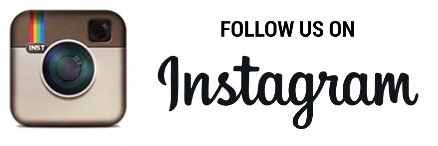

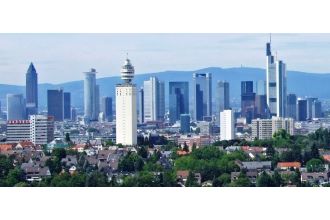
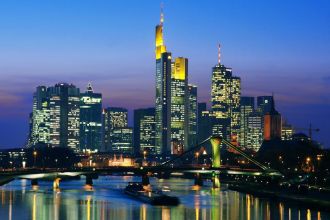
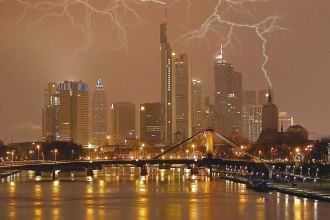

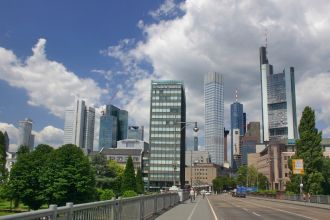

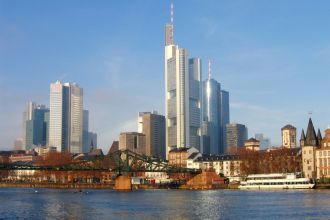

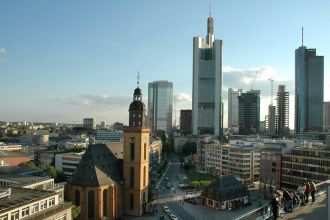
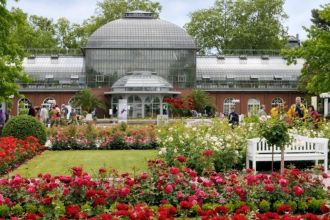
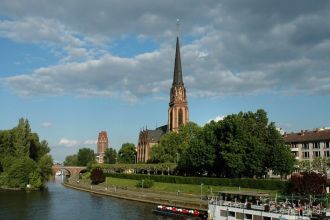
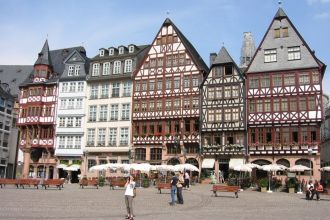

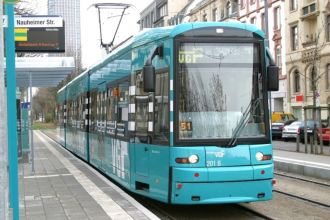
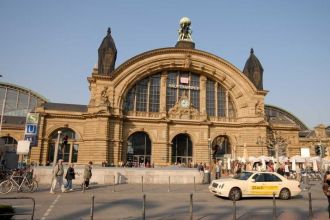

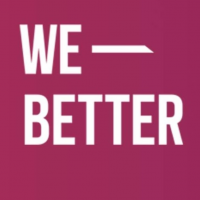





Dean 80 points
Frankfurt has a fascinating surrounding!
25.03.2014
» close full review
Alfonso 65 points
A business city, countryside is beautiful!
08.08.2014
» close full review